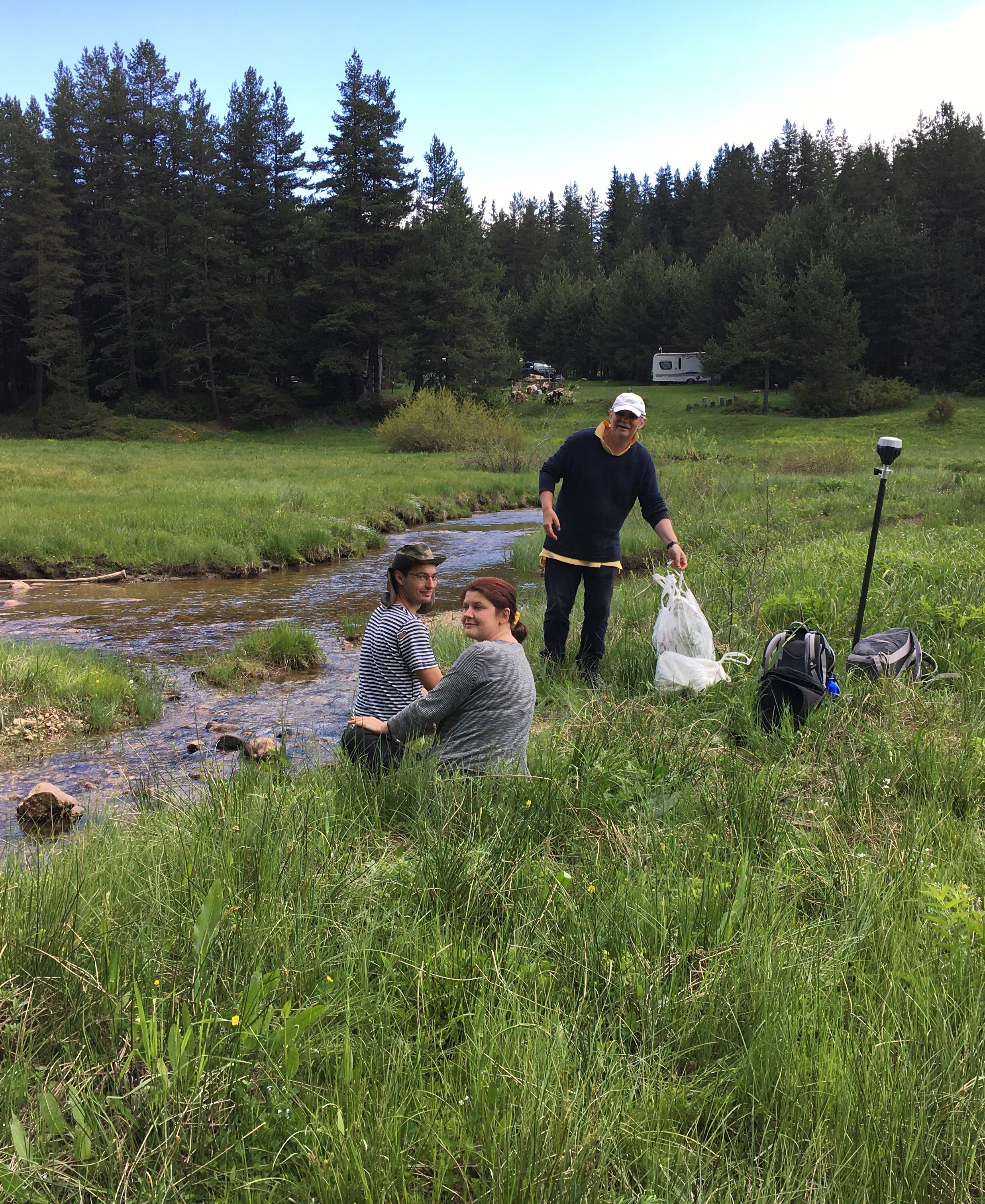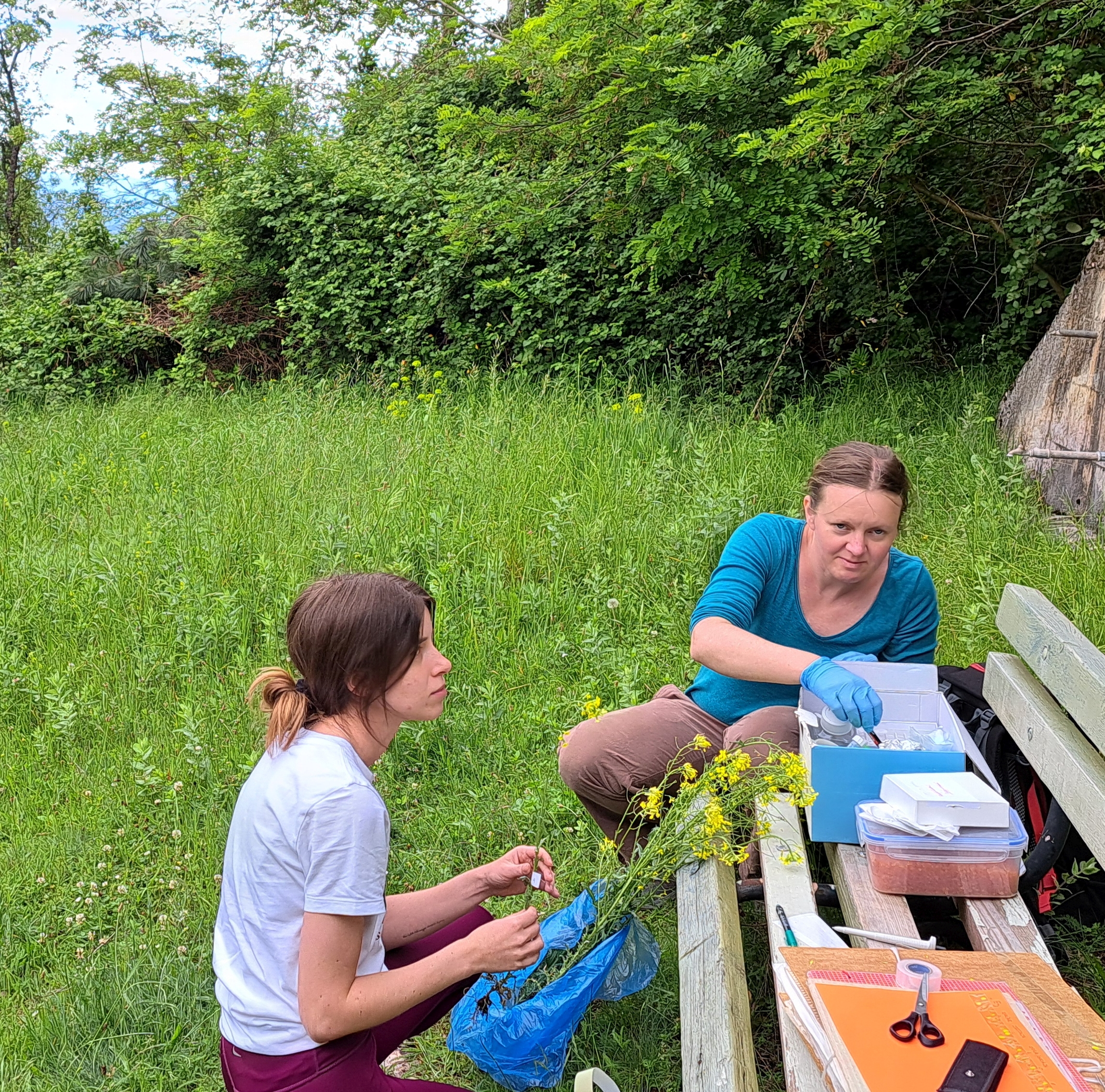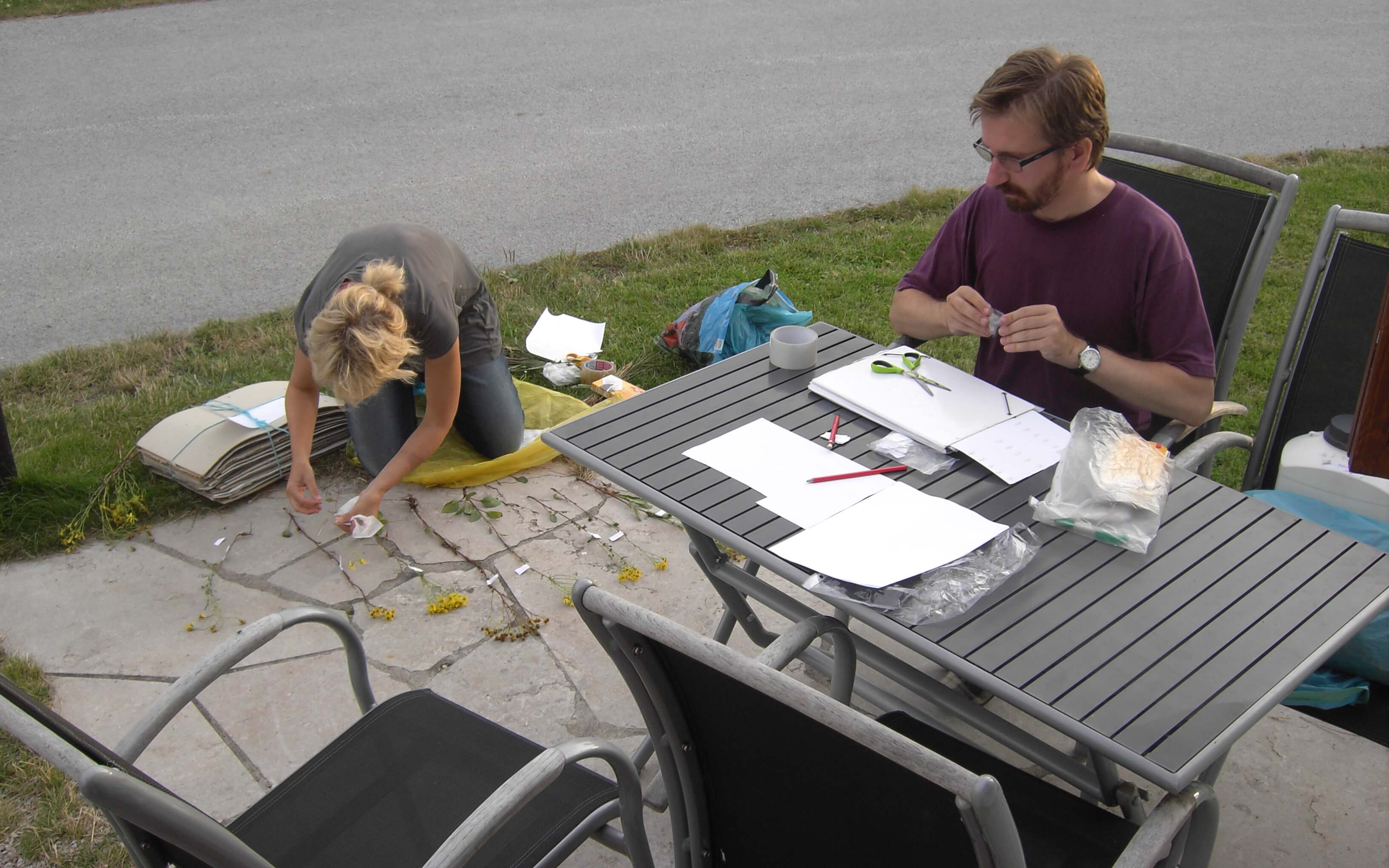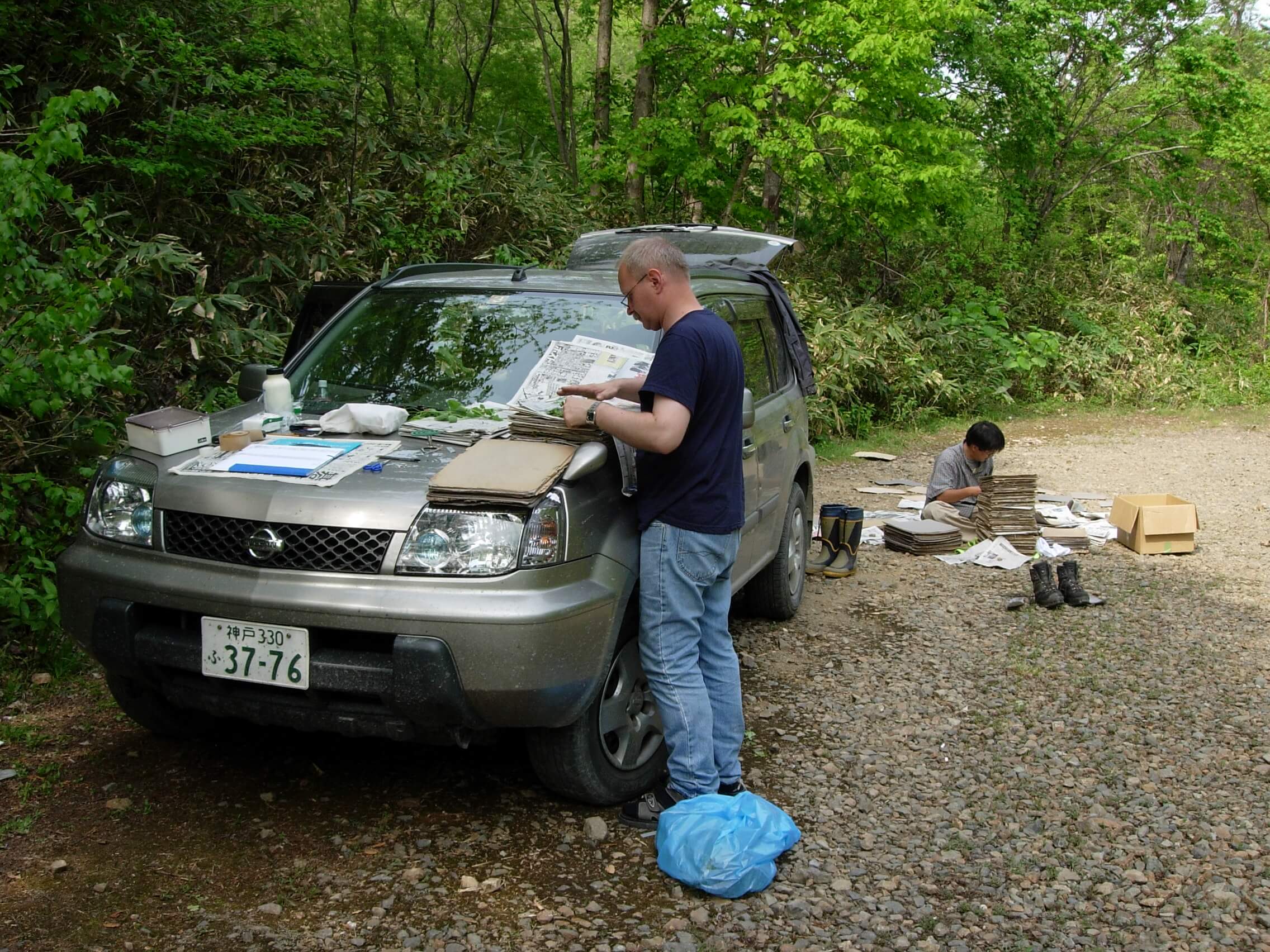Research Interest
Species are the fundamental units of biological research and the cornerstone for understanding plant evolution. Delimiting species and clarifying their evolutionary history become challenging in the presence of hybridization and polyploidization events, which are significant evolutionary drivers and mechanisms of adaptation and speciation in vascular plants. Our research group focuses on unraveling complex taxonomic and evolutionary questions at scales ranging from populations to genera. We focus on reconstructing phylogenies, resolving taxonomy, and exploring reticulate histories of intricate species complexes. Our studies address ancient and current interspecific gene flow, cytotype diversity and interactions, polyploid formation and establishment, mating systems, and reproductive strategies. Our case studies span a broad range of angiosperm genera, emphasizing diversity hotspots in Europe, particularly in Mediterranean and mountainous regions. We also develop bioinformatic tools for processing of next-generation sequence data, as well as taxonomic and karyological databases (AlyBase, CardaBase).
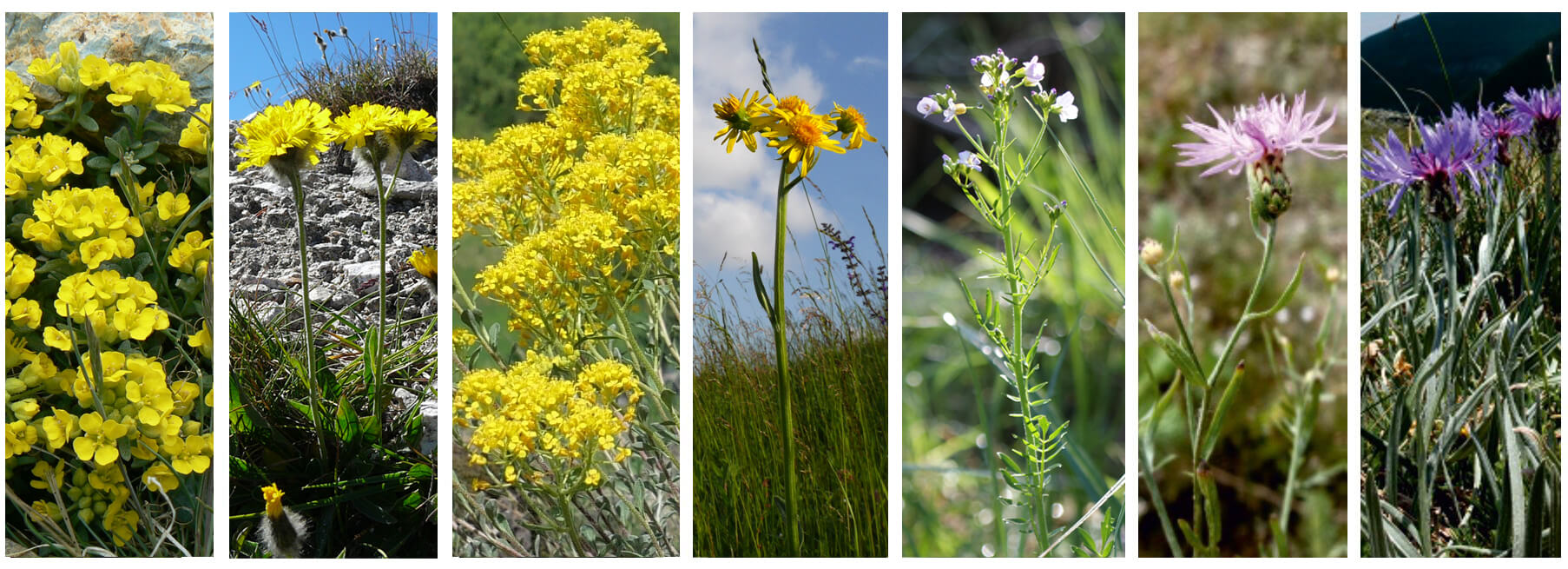
Methods we use
To gain deeper insights into the studied taxa and evolutionary processes, we examine them from different perspectives, integrating diverse methods and approaches. These include:
- Chromosome counting and flow cytometry to determine ploidy level and genome size variation.

- Multivariate morphometric analyses for assessing morphological differentiation patterns, for delimiting or describing species.

- High-throughput molecular techniques such as RADseq, Hyb-Seq (combining target enrichment with genome skimming), and whole genome resequencing for resolving phylogenetic relationships, phylogeographic history, species delimitation, polyploid origins, interspecific gene flow, clonality, demographic history, etc.

- Cultivation and experimental crosses to evaluate fitness, reproductive parameters, clonality, and plasticity.

- Analyses of ecological niche differentiation and modeling for predicting past and future potential distributions, range shifts and secondary contacts between species.

- Other approaches based on interdisciplinary and international collaborations (e.g. cytogenomics, embryology) to expand our understanding of evolutionary processes.
Visions
Our objective is to apply an integrative approach to comprehensively understand plant diversification and speciation processes, while focusing on:
-Evolution and species delimitation in recently diversified and taxonomically intricate genera and species groups characterized by cryptic diversity, shallow divergence, reticulate evolutionary histories, and frequent polyploidy.
-Processes of polyploid formation and establishment, dynamics of cytotype coexistence, reproductive shifts and strategies of polyploids, and polyploid speciation.
-The evolutionary role of interspecific and intercytotype gene flow, allopolyploid genome evolution and stabilization.
-The significance and roles of different evolutionary drivers and mechanisms of speciation, taking into account the effects of allopatric, ecological and chromosomal divergence.
-Challenges associated with processing of next-generation DNA sequence data in polyploid species, exploiting and developing novel bioinformatic tools.





